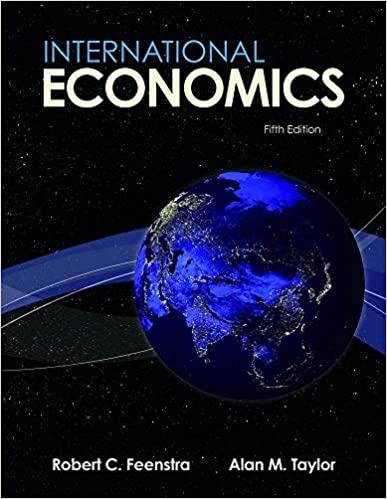Suppose that an investor considers purchasing a bond that makes regular fixed annual payments (coupons, X) in
Question:
Suppose that an investor considers purchasing a bond that makes regular fixed annual payments (coupons, X) in each period. The initial coupon payment is made one period after the bond is issued. Assume the interest rate for this bond is denoted i, and that the bond makes these payments forever.
a. Why might a company issue a bond?
b. Write out an expression for the present value of this bond, given the previous information.
c. Suppose that the price of this bond exceeds the present value from (b). Would the investor purchase the bond in this case? Would the seller be willing to sell it at this price? Explain briefly.
d. How will your answer to (c) differ if the price of the bond is less than the present value from (b)? What does this reveal about the relationship between the price of the bond and its present value?
e. How do your previous answers relate to the concept of a long-run budget constraint and external wealth?
Step by Step Answer:






